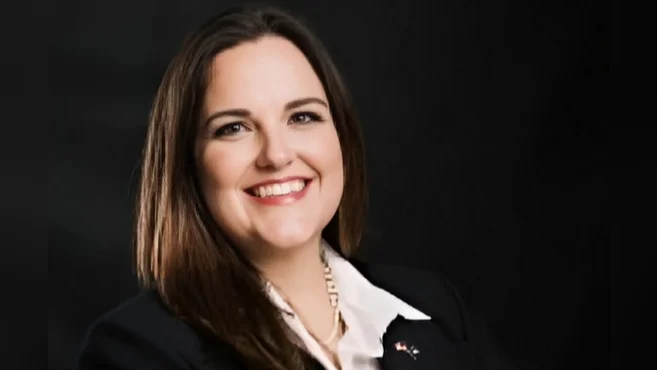Russell Lucius Laffitte, a former banker from Estill, South Carolina, has been sentenced to five years in federal prison after pleading guilty to charges including conspiracy to commit wire fraud and bank fraud, wire fraud, bank fraud, and three counts of misapplication of bank funds.
Bryan Stirling, U.S. Attorney for the District of South Carolina, commented on the sentencing: “As of today, Russell Laffitte and Alex Murdaugh have both been sentenced to federal prison, and their victims have been made financially whole. The victims put their trust in Laffitte and Murdaugh after suffering serious injuries and losing loved ones, and they were exploited for financial gain. We appreciate the dedicated work of our partners at the FBI, SLED, and South Carolina Attorney General’s Office in ensuring justice for them.”
Laffitte was an officer and executive at Palmetto State Bank in Hampton. His co-conspirator Alex Murdaugh was a personal injury attorney at a local law firm. According to court documents, Laffitte agreed to serve as conservator and personal representative for several of Murdaugh’s clients with the knowledge that he would profit from these roles. Beginning in 2011, he extended loans from accounts he managed as conservator both to himself and Murdaugh without informing those whose accounts were affected.
Murdaugh directed law firm employees to make client settlement checks payable to Palmetto State Bank as part of a scheme to take money belonging to his clients. These checks matched amounts listed on disbursement sheets intended for the clients.
For two clients where Laffitte acted as conservator, he saw their settlement details but followed Murdaugh’s directions by using their funds for Murdaugh’s benefit. This included negotiating nine separate transactions that used client money for personal purposes such as loan repayments.
In another case involving a third client, Laffitte conducted 12 transactions that transferred $1.325 million in client settlement funds for Murdaugh’s benefit. These disbursements were used for loan repayments, purchasing vehicles and equipment, cash withdrawals, and deposits into Murdaugh's account despite knowing they belonged to clients.
Laffitte received fees totaling $110,000 from these arrangements but did not report this income on his tax returns by having checks written to Palmetto State Bank instead of himself personally. He also structured transactions to avoid reporting requirements and failed to file suspicious activity reports.
In 2015, he misapplied over $284,000 from a line of credit meant for farming operations by using it to repay loans connected with conservatorships overseen by him.
Further misuse occurred in July 2021 when Laffitte authorized a $750,000 loan ostensibly for beach house renovations but instead split it between an attorney payment and covering overdrafts in Murdaugh’s account unrelated to renovations.
When thefts by Murdaugh were uncovered by his law firm in October 2021, Laffitte attempted to resolve the matter by paying $680,000 from bank funds without approval from the full Board or Executive Committee.
Before sentencing was handed down by United States District Judge Richard M. Gergel—who imposed a 60-month sentence plus three years’ supervision—Laffitte paid nearly $3.56 million in restitution. He must also pay a $20,000 fine and will forfeit over $85,000; additionally his conviction bars him from serving at any federally insured financial institution without permission.
The case was investigated by the FBI Columbia Field Office along with South Carolina Law Enforcement Division; prosecution was handled by Assistant U.S. Attorneys Emily Limehouse, Kathleen Stoughton, and Winston Holliday.





